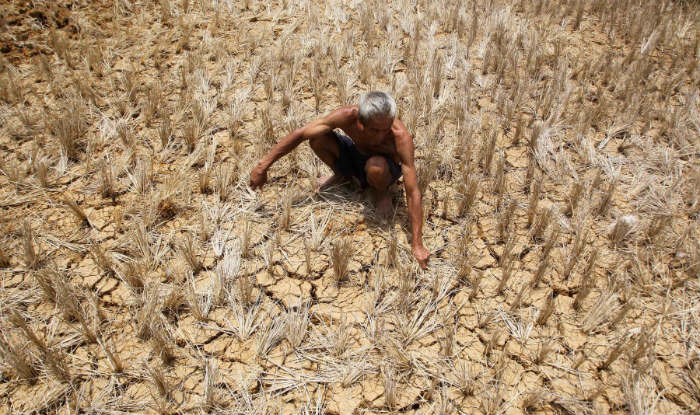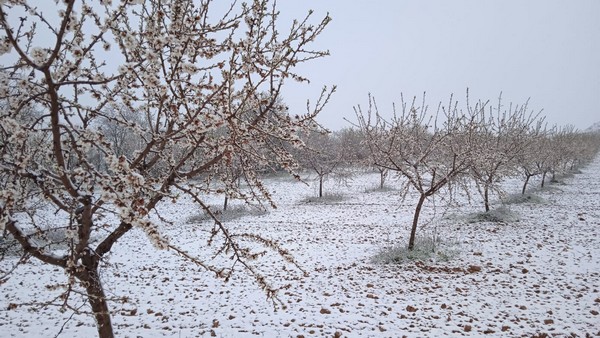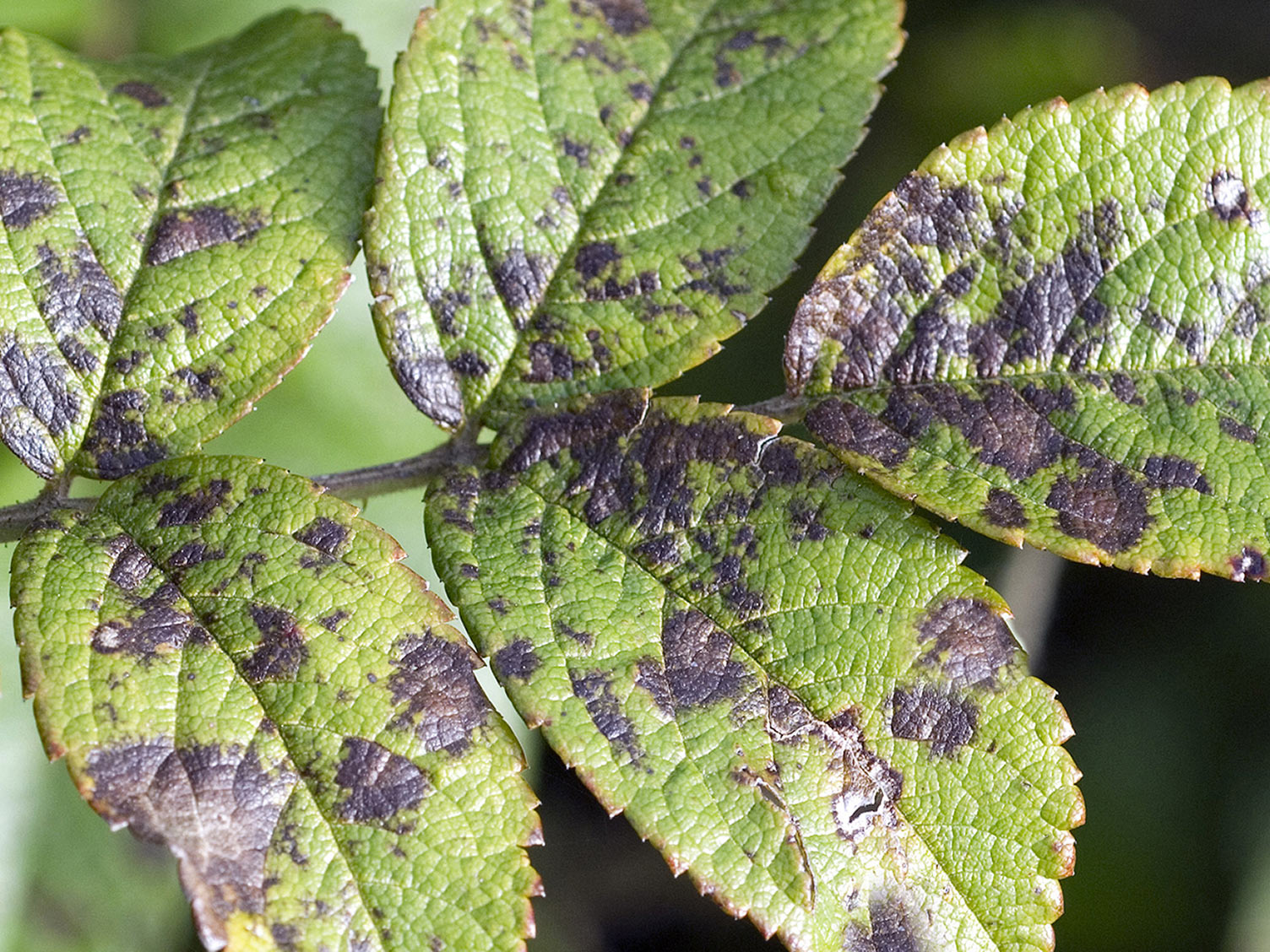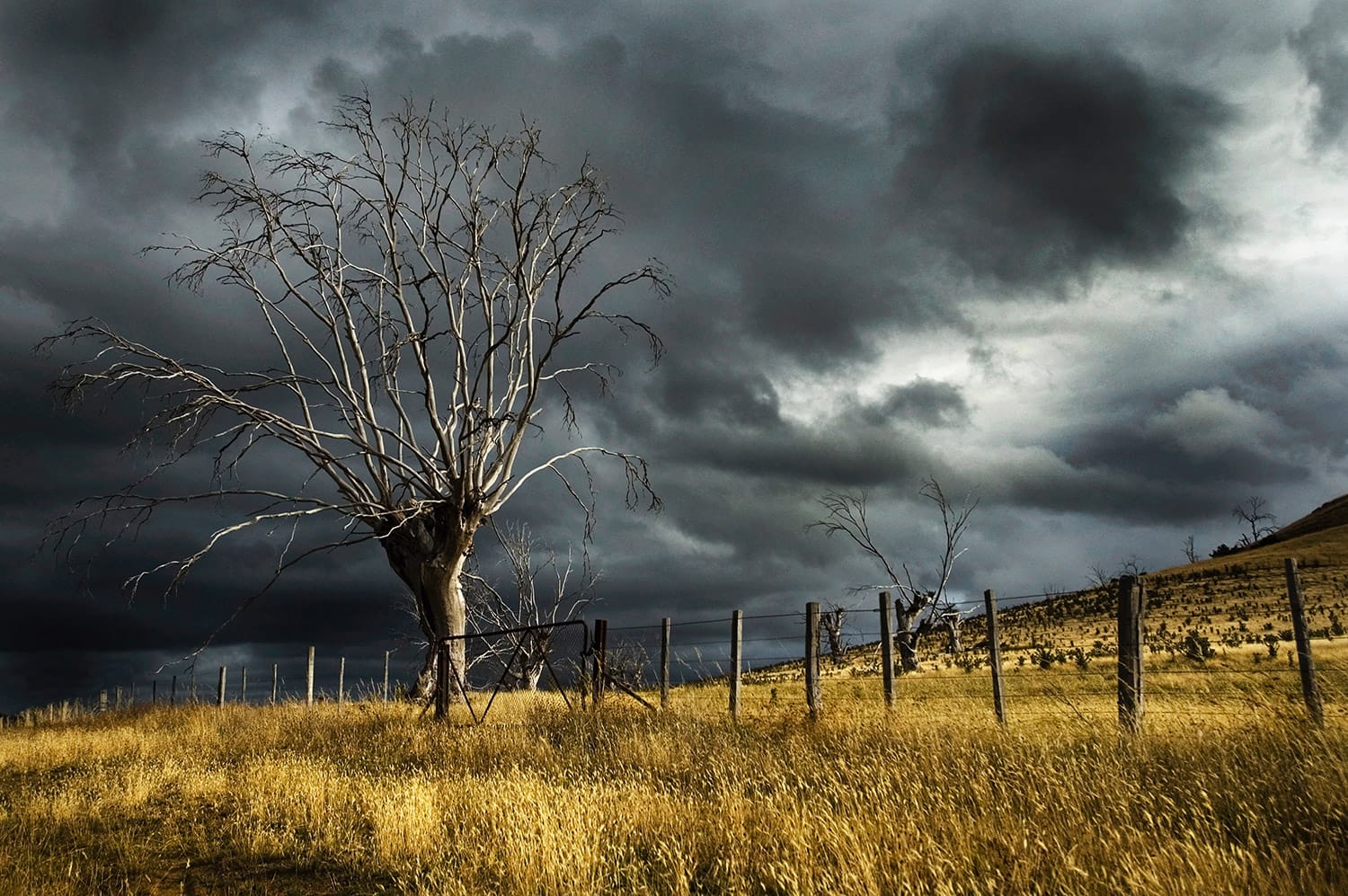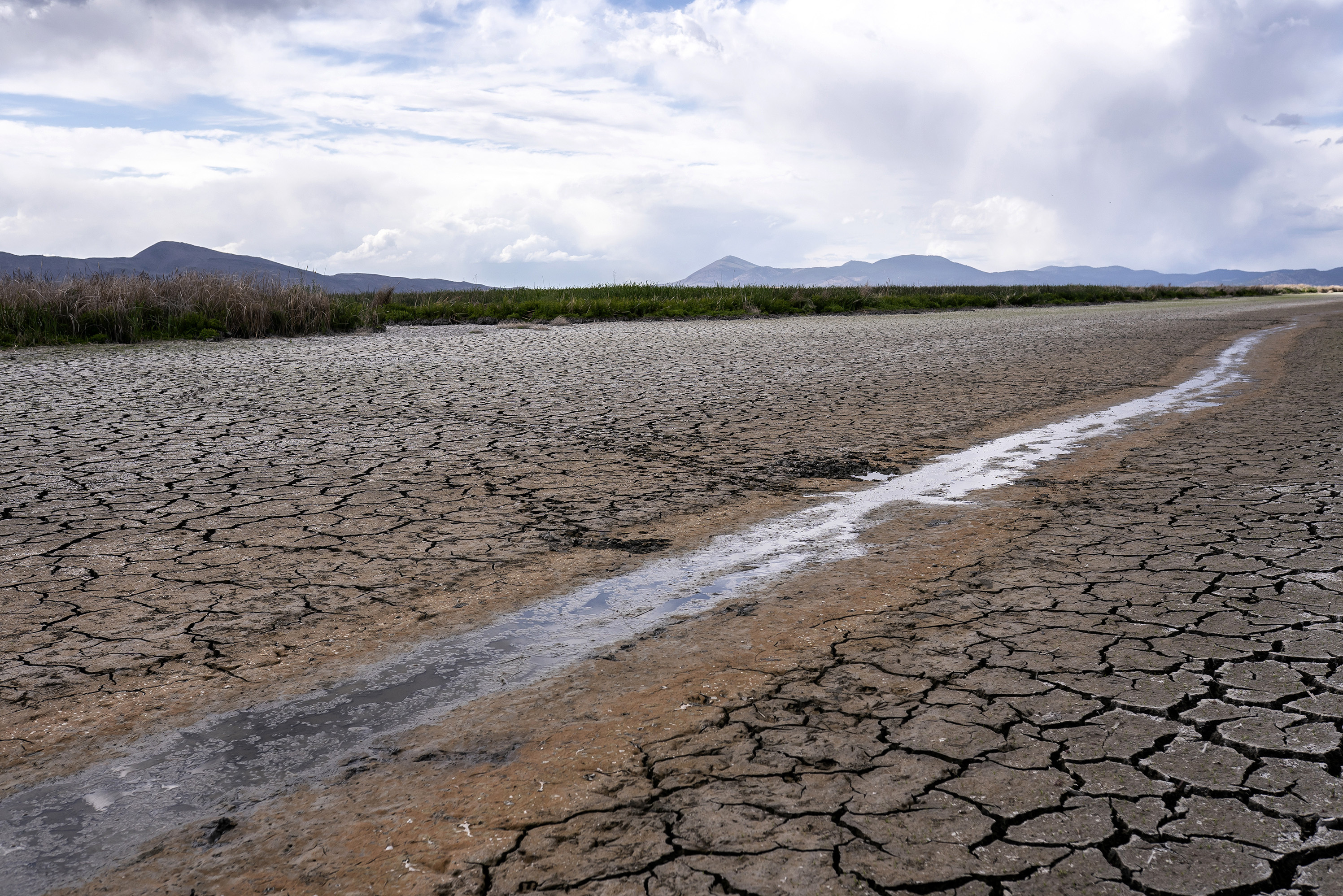Insurance companies have missed the deadline to recognise and pay claims worth over Rs 5,000 crore made by farmers under the Centre’s Pradhan Mantri Fasal Bima Yojana (PMFBY) scheme.
The pending insurance claims – which state governments have certified, but have not been approved by the companies yet – add up to a whopping Rs 5,171 crore and are for the recent
kharif season, which ended in December 2018.
According to the PMFBY guidelines, the dues should be paid within two months from the end of harvest – which means the kharif 2018 claims should have been paid by February 2019 at the latest.
But 40% of the Rs 12,867 crore estimated claims remained unpaid as of May 10, 2019, according to data obtained from an RTI response by the Ministry of Agriculture and Farmer’s Welfare.

The data provided by the ministry covers both the PMFBY and the Restructured Weather Based Crop Insurance Scheme (RWBCIS), which accounts for around 5% of farmers covered under an insurance scheme. The rest are covered under the PMFBY.
The delay in insurance payouts happened in a season when the rainfall deficit was almost 10% and large parts of the country were suffering from a severe drought. During its first tenure, the Bharatiya Janata Party-led National Democratic Alliance promoted the PMFBY as one of its key measures to deal with rural distress in general and crop loss in particular.
A major reason for crop loss in India is deficient rainfall, since about 65% of the crop area is rain fed, according to the latest available data. So, the crucial test for the government’s flagship crop insurance scheme would be its performance in a year with deficit rainfall.
Sowing for the kharif season happens during June and July, and is heavily dependent on the June to September monsoon which accounts for about 70% of India’s rainfall.
The 2018 monsoon was below average. It recorded a rainfall deficit of 9.4% from the long period average, according to the Indian Meteorological Department (IMD). This was the fifth consecutive year with a deficit monsoon.
Seven states have declared themselves drought-hit. The total area affected by crop loss in these states is almost 15 million hectares.

According to a government response in the Lok Sabha, 252 districts – a third of the total districts in the country – received deficient rainfall between June and September of 2018. Most of these districts are in the states of Andhra Pradesh, Bihar, Gujarat, Jharkhand, Karnataka, Maharashtra, Madhya Pradesh, Rajasthan, Tamil Nadu, Telangana and certain parts of the north-east.
These states have suffered massive crop losses. In Gujarat, 401 drought hit villages have suffered more than 33% crop loss. In 269 villages, the crop loss was more than 50%.
“Crops like soya bean in Maharashtra have suffered 60%-70% crop loss. In cotton, crop loss is up to 50%,” said a senior official in the agriculture ministry, on the condition of anonymity.
Of the Rs 5,171 crore that remains unpaid under crop insurance for the 2018 kharif season, the maximum dues pertain to Maharashtra, which is among the worst-hit states by the drought. As against the Rs 3,893 crore of estimated claims, 36% or Rs 1,416 crore is pending, according to the RTI data.
In Karnataka, the drought has impacted 88.6% of the land area as 156 of 176 talukas have been declared drought-hit. Ninety-five talukas have been declared ‘severely hit’. The state is also chronically affected by drought as 16 of its 30 districts are ‘eternally drought prone’, according to a study.
According to the government’s response in the Lok Sabha, over two million hectares of cultivable area has been impacted by crop loss in Karnataka.
But under crop insurance, only Rs 28 crore has been paid to farmers as claims, against the Rs 679 crore of estimated claims. A little over 95% of the claims remain pending.
In Madhya Pradesh, 18 of the 52 districts have been declared drought hit. But not a single rupee has been paid to farmers as the entire amount of estimated claims – Rs 656 crore – remains pending six months after the harvest ended and four months after the claims ought to have been settled.
In MP, insurance companies collected a total premium of Rs 3,892 crore – the second highest in the country, just behind Maharashtra where a total premium of Rs 4,591 crore was collected.
In all, there are six states where 100% of the claims are pending, totalling over Rs 1,000 crore. Three of them – MP, Jharkhand and Telangana – are battling varying degrees of drought.
In Rajasthan, where nine districts have been declared drought hit, of the Rs 1,358 crore estimated claims, Rs 900 crore or 66% of estimated claims remain pending according to the RTI data.
The problems with settlement of claims in Rajasthan range from delays in payment of subsidy amounts to the premium being paid for the wrong crop.
Performance of crop insurance schemes in drought-affected states
| State |
Gross premium (in Rs. Crore) |
Estimated claims (in Rs. Crore) |
Approved claims (in Rs. Crore) |
Claims paid (in Rs. Crore) |
Claims pending (in Rs. Crore) |
Claims pending as percentage of approved claims (in percentage) |
Surplus (Gross premium – Claims paid) (in Rs. Crore) |
| Maharashtra |
4,591 |
3,894 |
2,727 |
2,477 |
1,417 |
36 |
2,113 |
| Rajasthan |
2,264 |
1,358 |
679 |
458 |
900 |
66 |
1,805 |
| Madhya Pradesh |
3,892 |
656 |
56 |
0 |
656 |
100 |
3,892 |
| Karnataka |
1,409 |
679 |
29 |
29 |
650 |
96 |
1,380 |
| Odisha |
1,114 |
565 |
237 |
31 |
535 |
95 |
1,083 |
| Andhra Pradesh |
1,052 |
1,082 |
859 |
575 |
507 |
47 |
477 |
| Jharkhand |
389 |
150 |
0 |
0 |
150 |
100 |
389 |
| Telangana |
438 |
102 |
2 |
0 |
102 |
100 |
438 |
| Gujarat |
3,024 |
2,176 |
2,176 |
2,152 |
24 |
1 |
872 |
Source: Obtained from the Ministry of Agriculture and Farmers’ Welfare through RTI.
Even for the 2017-18 season, Rs 577 crore claims are unpaid. The 2017-18
rabi season ended in June 2018 and 88% of the unpaid claims pertain to the rabi season. Of the Rs 3,423 crore of estimated claims in rabi 2017-18, Rs 509 crore remain pending till May 10, 2019.
In Rajasthan, more than 70% of claims remain pending. Of the Rs 393 crore estimated claims, Rs 281 crore are unpaid for rabi 2017-18, which ended a year ago.
For the 2018-19 season, Rs 20,747 crore was collected as premium by insurance companies under the PMFBY and RWBCIS across the country. The claims that have been settled amount to Rs 7,696 crore or 37% of the premiums collected.
“One of the big problems with the crop insurance scheme is the huge amounts of difference between the premiums collected and the claims paid. The government is having a hard time trying to explain how there is such a huge difference. Where is that money going?” said a senior government official who has been managing PMFBY implementation.
In 2018-19, for the kharif season alone, the difference between premiums collected by companies and claims paid is Rs 13,050 crore or 62% of the premiums collected.
Last year that under the PMFBY, insurance premiums have increased by 350% compared to the premiums collected under the crop insurance schemes that operated prior to its existence.
Why the delay in payments?
The primary complaint of farmers with the PMFBY has been the delay in claims settlement. Farmers have argued that they would benefit from the scheme only if claims are settled before sowing for the next season begins. For instance, if a farmer suffers crop loss in the rabi season, she should be compensated before sowing for the next kharif season begins.
Some of the reasons for delay in claims settlement are delay in completing crop-cutting experiments, delay in submission of yield data, delay in payment of government subsidy to insurance companies and frequent extension of cut-off dates.
To its credit, the Centre has admitted to the problem and attempted to address the issue. In the new PMFBY guidelines issued in September 2018, the Centre announced that insurance companies will have to pay 12% interest if claims settlement is delayed.
However, as is evident, the announcement has had little impact.
Source - https://thewire.in
 The data provided by the ministry covers both the PMFBY and the Restructured Weather Based Crop Insurance Scheme (RWBCIS), which accounts for around 5% of farmers covered under an insurance scheme. The rest are covered under the PMFBY.
The delay in insurance payouts happened in a season when the rainfall deficit was almost 10% and large parts of the country were suffering from a severe drought. During its first tenure, the Bharatiya Janata Party-led National Democratic Alliance promoted the PMFBY as one of its key measures to deal with rural distress in general and crop loss in particular.
A major reason for crop loss in India is deficient rainfall, since about 65% of the crop area is rain fed, according to the latest available data. So, the crucial test for the government’s flagship crop insurance scheme would be its performance in a year with deficit rainfall.
Sowing for the kharif season happens during June and July, and is heavily dependent on the June to September monsoon which accounts for about 70% of India’s rainfall.
The 2018 monsoon was below average. It recorded a rainfall deficit of 9.4% from the long period average, according to the Indian Meteorological Department (IMD). This was the fifth consecutive year with a deficit monsoon.
Seven states have declared themselves drought-hit. The total area affected by crop loss in these states is almost 15 million hectares.
The data provided by the ministry covers both the PMFBY and the Restructured Weather Based Crop Insurance Scheme (RWBCIS), which accounts for around 5% of farmers covered under an insurance scheme. The rest are covered under the PMFBY.
The delay in insurance payouts happened in a season when the rainfall deficit was almost 10% and large parts of the country were suffering from a severe drought. During its first tenure, the Bharatiya Janata Party-led National Democratic Alliance promoted the PMFBY as one of its key measures to deal with rural distress in general and crop loss in particular.
A major reason for crop loss in India is deficient rainfall, since about 65% of the crop area is rain fed, according to the latest available data. So, the crucial test for the government’s flagship crop insurance scheme would be its performance in a year with deficit rainfall.
Sowing for the kharif season happens during June and July, and is heavily dependent on the June to September monsoon which accounts for about 70% of India’s rainfall.
The 2018 monsoon was below average. It recorded a rainfall deficit of 9.4% from the long period average, according to the Indian Meteorological Department (IMD). This was the fifth consecutive year with a deficit monsoon.
Seven states have declared themselves drought-hit. The total area affected by crop loss in these states is almost 15 million hectares.
 According to a government response in the Lok Sabha, 252 districts – a third of the total districts in the country – received deficient rainfall between June and September of 2018. Most of these districts are in the states of Andhra Pradesh, Bihar, Gujarat, Jharkhand, Karnataka, Maharashtra, Madhya Pradesh, Rajasthan, Tamil Nadu, Telangana and certain parts of the north-east.
These states have suffered massive crop losses. In Gujarat, 401 drought hit villages have suffered more than 33% crop loss. In 269 villages, the crop loss was more than 50%.
“Crops like soya bean in Maharashtra have suffered 60%-70% crop loss. In cotton, crop loss is up to 50%,” said a senior official in the agriculture ministry, on the condition of anonymity.
Of the Rs 5,171 crore that remains unpaid under crop insurance for the 2018 kharif season, the maximum dues pertain to Maharashtra, which is among the worst-hit states by the drought. As against the Rs 3,893 crore of estimated claims, 36% or Rs 1,416 crore is pending, according to the RTI data.
In Karnataka, the drought has impacted 88.6% of the land area as 156 of 176 talukas have been declared drought-hit. Ninety-five talukas have been declared ‘severely hit’. The state is also chronically affected by drought as 16 of its 30 districts are ‘eternally drought prone’, according to a study.
According to the government’s response in the Lok Sabha, over two million hectares of cultivable area has been impacted by crop loss in Karnataka.
But under crop insurance, only Rs 28 crore has been paid to farmers as claims, against the Rs 679 crore of estimated claims. A little over 95% of the claims remain pending.
In Madhya Pradesh, 18 of the 52 districts have been declared drought hit. But not a single rupee has been paid to farmers as the entire amount of estimated claims – Rs 656 crore – remains pending six months after the harvest ended and four months after the claims ought to have been settled.
In MP, insurance companies collected a total premium of Rs 3,892 crore – the second highest in the country, just behind Maharashtra where a total premium of Rs 4,591 crore was collected.
In all, there are six states where 100% of the claims are pending, totalling over Rs 1,000 crore. Three of them – MP, Jharkhand and Telangana – are battling varying degrees of drought.
In Rajasthan, where nine districts have been declared drought hit, of the Rs 1,358 crore estimated claims, Rs 900 crore or 66% of estimated claims remain pending according to the RTI data.
The problems with settlement of claims in Rajasthan range from delays in payment of subsidy amounts to the premium being paid for the wrong crop.
Performance of crop insurance schemes in drought-affected states
According to a government response in the Lok Sabha, 252 districts – a third of the total districts in the country – received deficient rainfall between June and September of 2018. Most of these districts are in the states of Andhra Pradesh, Bihar, Gujarat, Jharkhand, Karnataka, Maharashtra, Madhya Pradesh, Rajasthan, Tamil Nadu, Telangana and certain parts of the north-east.
These states have suffered massive crop losses. In Gujarat, 401 drought hit villages have suffered more than 33% crop loss. In 269 villages, the crop loss was more than 50%.
“Crops like soya bean in Maharashtra have suffered 60%-70% crop loss. In cotton, crop loss is up to 50%,” said a senior official in the agriculture ministry, on the condition of anonymity.
Of the Rs 5,171 crore that remains unpaid under crop insurance for the 2018 kharif season, the maximum dues pertain to Maharashtra, which is among the worst-hit states by the drought. As against the Rs 3,893 crore of estimated claims, 36% or Rs 1,416 crore is pending, according to the RTI data.
In Karnataka, the drought has impacted 88.6% of the land area as 156 of 176 talukas have been declared drought-hit. Ninety-five talukas have been declared ‘severely hit’. The state is also chronically affected by drought as 16 of its 30 districts are ‘eternally drought prone’, according to a study.
According to the government’s response in the Lok Sabha, over two million hectares of cultivable area has been impacted by crop loss in Karnataka.
But under crop insurance, only Rs 28 crore has been paid to farmers as claims, against the Rs 679 crore of estimated claims. A little over 95% of the claims remain pending.
In Madhya Pradesh, 18 of the 52 districts have been declared drought hit. But not a single rupee has been paid to farmers as the entire amount of estimated claims – Rs 656 crore – remains pending six months after the harvest ended and four months after the claims ought to have been settled.
In MP, insurance companies collected a total premium of Rs 3,892 crore – the second highest in the country, just behind Maharashtra where a total premium of Rs 4,591 crore was collected.
In all, there are six states where 100% of the claims are pending, totalling over Rs 1,000 crore. Three of them – MP, Jharkhand and Telangana – are battling varying degrees of drought.
In Rajasthan, where nine districts have been declared drought hit, of the Rs 1,358 crore estimated claims, Rs 900 crore or 66% of estimated claims remain pending according to the RTI data.
The problems with settlement of claims in Rajasthan range from delays in payment of subsidy amounts to the premium being paid for the wrong crop.
Performance of crop insurance schemes in drought-affected states


